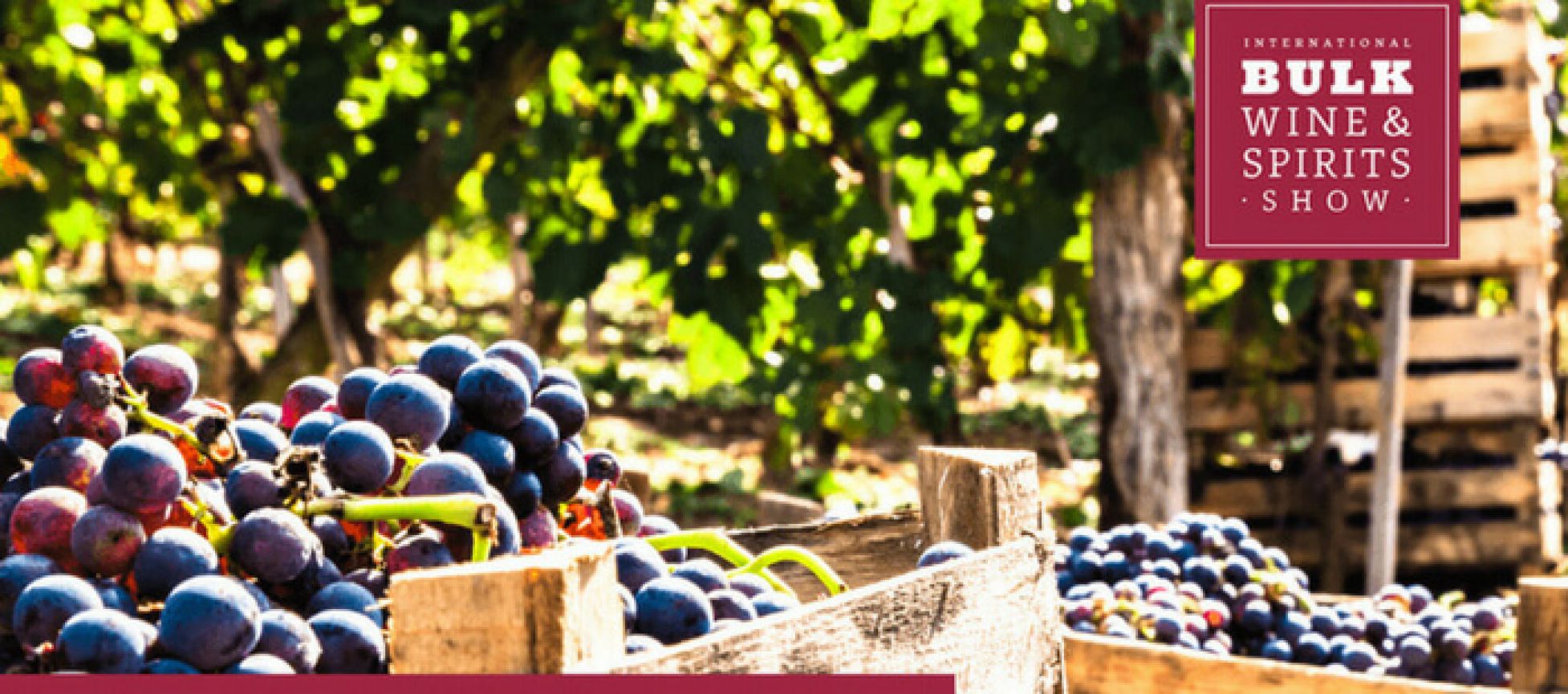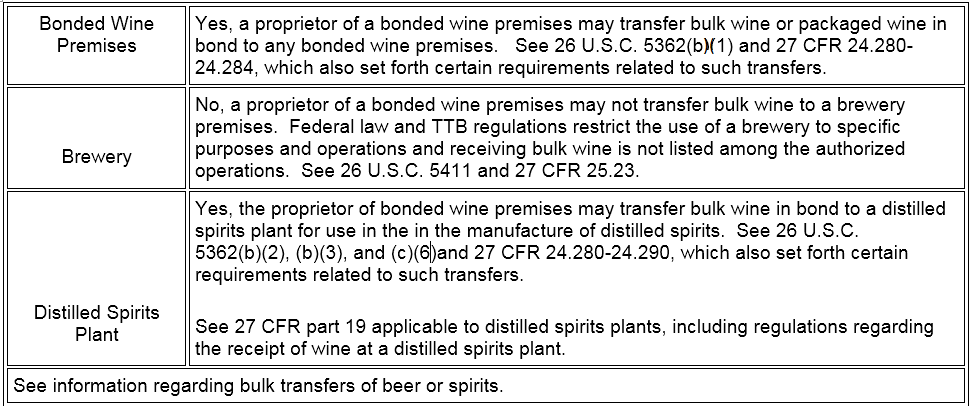Blog
Insights
Questions Asked by US Bulk Wine Producers

Here is the answers to commonly asked questions by US bulk wine producers by TTB.
Q1 - Another winery is doing a custom crush for me, and will be producing and bottling my wine. How do I get a label approval?
Federal regulations require that the bottling winery must submit the label for approval. Even though the wine is produced and bottled for you and/or will be distributed exclusively (or not) by you, the bottler/importer is responsible for getting the label approval.
Q2- I operate a domestic winery and I am making wine from grapes or juice that I have purchased from another state or country. What appellation of origin may I use?
This is a complicated question, and the answer (see 27 CFR §4.25(b)) depends on the particular circumstances. State or local laws and regulations may be more restrictive than Federal laws and regulations in some instances, and, to use an appellation, the wine must conform to the laws and regulations of the named appellation area. (Please note that we use here certain states or regions only as examples to illustrate certain different circumstances.)
We advise that you confer with state and local authorities regarding their requirements before finalizing your COLA submission. Remember that your wine, and the records that you keep, must adequately support any claims which are made on your label. The following situations serve as examples. There are certainly more factual circumstances that might have a different outcome.
Situation 1: I am making a wine with grapes or juice originating from a state that is contiguous to (that is, touching) my own state (e.g. when California grapes are used to produce wine in Oregon).Suppose that I have purchased Napa Valley, California, grapes that I will produce into wine in Oregon. The most specific appellation of origin eligible for use is the name of the contiguous state (California). A viticultural area appellation of origin (e.g. Napa Valley) may NOT be used because the wine was not fully finished within that state.
Situation 2: The state from which the winemaking material originates is not contiguous to the state in which the wine is produced. For example, California grapes have been purchased to produce wine in New York. The most specific appellation of origin eligible - for use is a country appellation, such as “American.” Note that when a country is used as an appellation of origin a vintage date is NOT permissible for the wine.
Situation 3: I am purchasing grapes or juice from another country. An appellation of origin may NOT be used, as this wine is not eligible for such claims (see 27 CFR §4.25(b)(2)(ii)). A vintage date or a varietal designation (e.g. Merlot) may not appear on the wine, as both items require an appellation of origin present on the label. The wine may be labeled only with a more general class or type statement, such as “Red Wine” or “White Wine.”
Q3 - May a proprietor of a bonded wine premises transfer bulk wine to a bonded wine premises, brewery, or distilled spirits plant?
If you're a bulk wine or bulk spirits supplier, contract bottler, or private label producer aiming to connect with serious trade buyers, IBWSS San Francisco is the event you can't afford to miss. Get a quotation or Book a exhibitor table.


